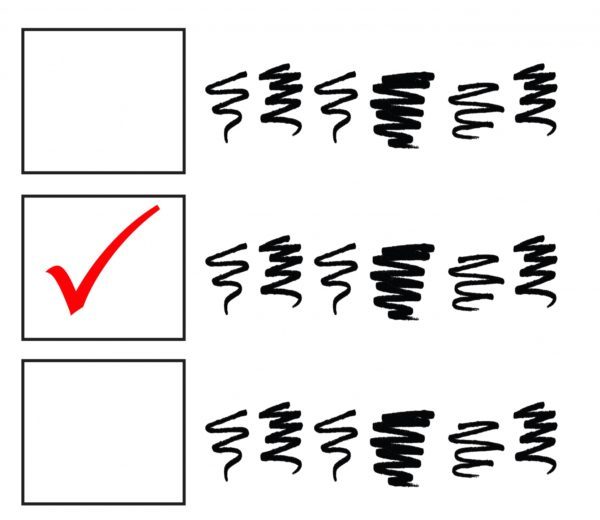
February 28, 2017; Denver Post
Powerful elected officials pulling for your charity can be quite helpful. Friends in high places can surely help your nonprofit deliver on behalf of your clients. But when does relationship-building become too political, perhaps to the point where it no longer benefits society at large?
In Colorado, a state-sponsored program has raised more than $7 million in five years, coming from a voluntary checkoff on state income tax returns. The program has been marketed to taxpayers as a simple way to donate to charities each tax season, and it has helped some popular causes generate more than $150,000 each “with little effort,” according to the Denver Post. But the paper points out that most of the organizations receive no state oversight and that they got on the roster due to their “political clout.”
Colorado’s charitable checkoff program is the first in the U.S., dating to 1977. Last year, taxpayers donated $1.6 million to the 20 organizations in the program—the sole source of revenue for some of them. The average donation was around $12. The recipient charities range from major national groups, such as the American Red Cross, to small community-based nonprofits, such as the Colorado Youth Corps. A few are public programs, such as a preschool program run by the state’s Department of Education.
The system has prompted state legislators to complain about picking winners and losers. For example, one organization, a group that addresses youth homelessness, is being sponsored by a legislator who recently left the nonprofit’s board. Charity Watch, an independent watchdog group, told the Post that Colorado’s checkoff list appeared to be “a random grouping of whatever the pet interests or contacts of the legislators are.”Colorado’s program does not include a requirement to track how the taxpayer donations are spent, the paper’s investigation found, while other states require such review. To make matters worse, the Post reports that “the limited requirements the state imposes on participating charities often are relaxed by state lawmakers when they become inconvenient.” Last year, the legislature rewrote the program’s rules to prevent some organizations from dropping off the list for falling short of the minimum fundraising threshold.
Sign up for our free newsletters
Subscribe to NPQ's newsletters to have our top stories delivered directly to your inbox.
By signing up, you agree to our privacy policy and terms of use, and to receive messages from NPQ and our partners.
Legislators acknowledge the system is inequitable and the list is politically driven. Some groups that appear on the form get there because they have a lobbyist helping them, putting those who can’t afford lobbyists at a disadvantage. Others just have the right historical or personal connections. But the sponsorship system doesn’t violate the state’s ethics rules.
An effort to overhaul the program, creating a five-year rotation to broaden participation, has been introduced into this legislative session. In the past 40 years, only 38 nonprofits received one of the checkoff slots, but some legislators think some causes are important enough to warrant ongoing participation in the program.
Colorado might look to states like Oregon when modifying its program. Oregon requires a nonprofit to submit detailed financial statements, show proof that they’re in compliance with rules, and collect 10,000 signatures to show public support of the organization’s inclusion. Nonprofits rotate off the Oregon list every two years.
Concerns remain over inadequate vetting of the charities receiving the Colorado funds. There is no formal application process to get into the program, and once the nonprofit is on the list, the state has no way to determine how the money is spent.—Larry Kaplan











